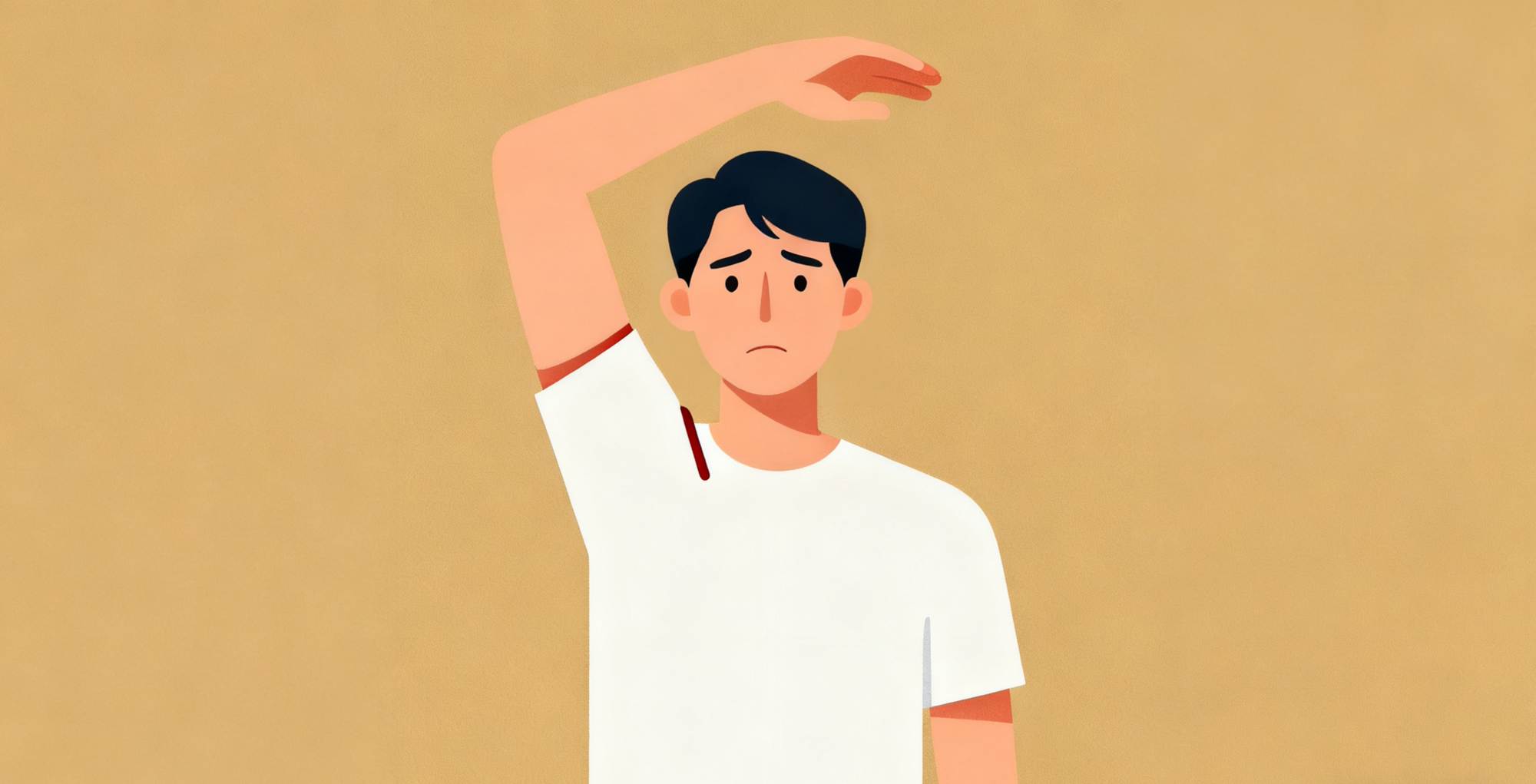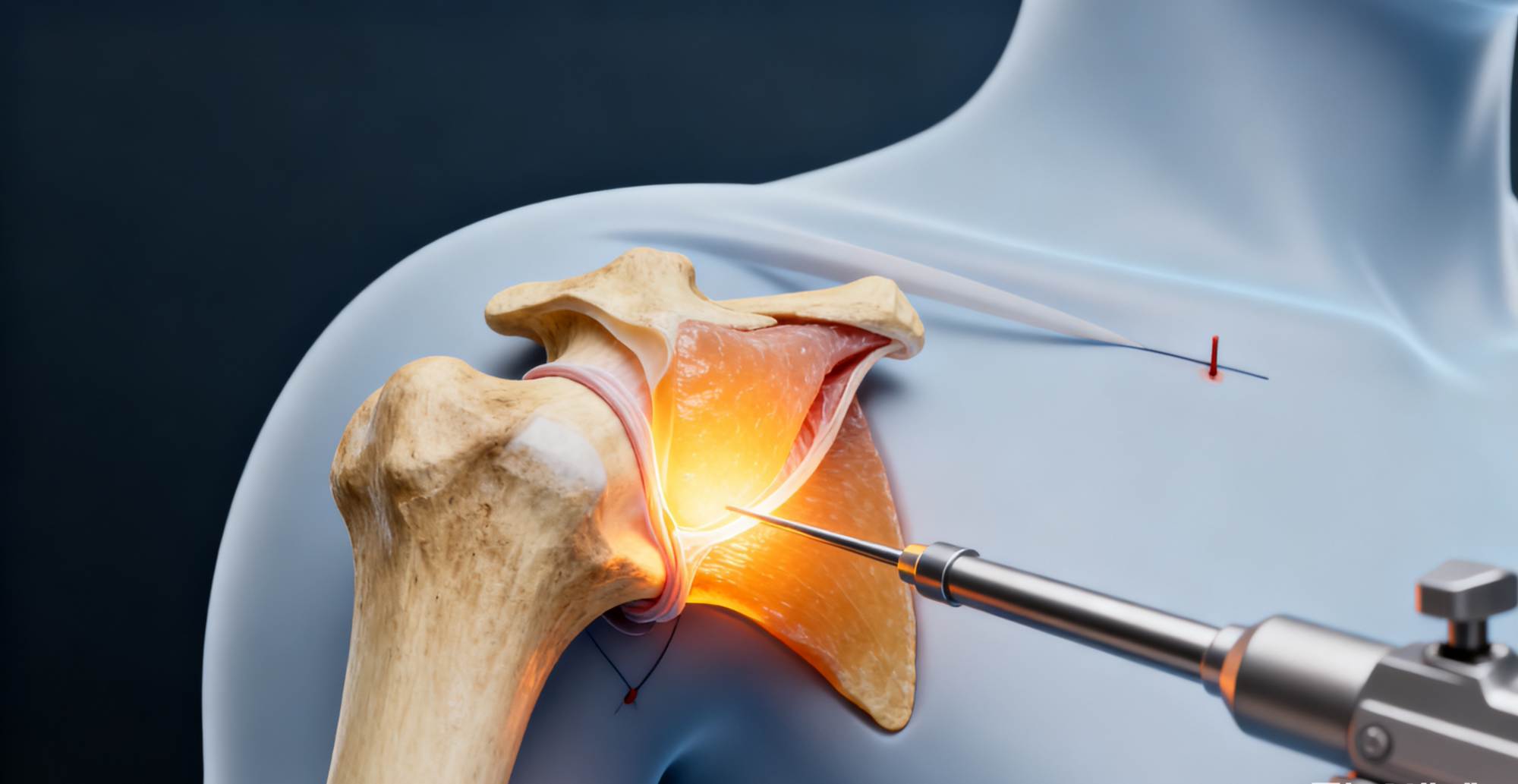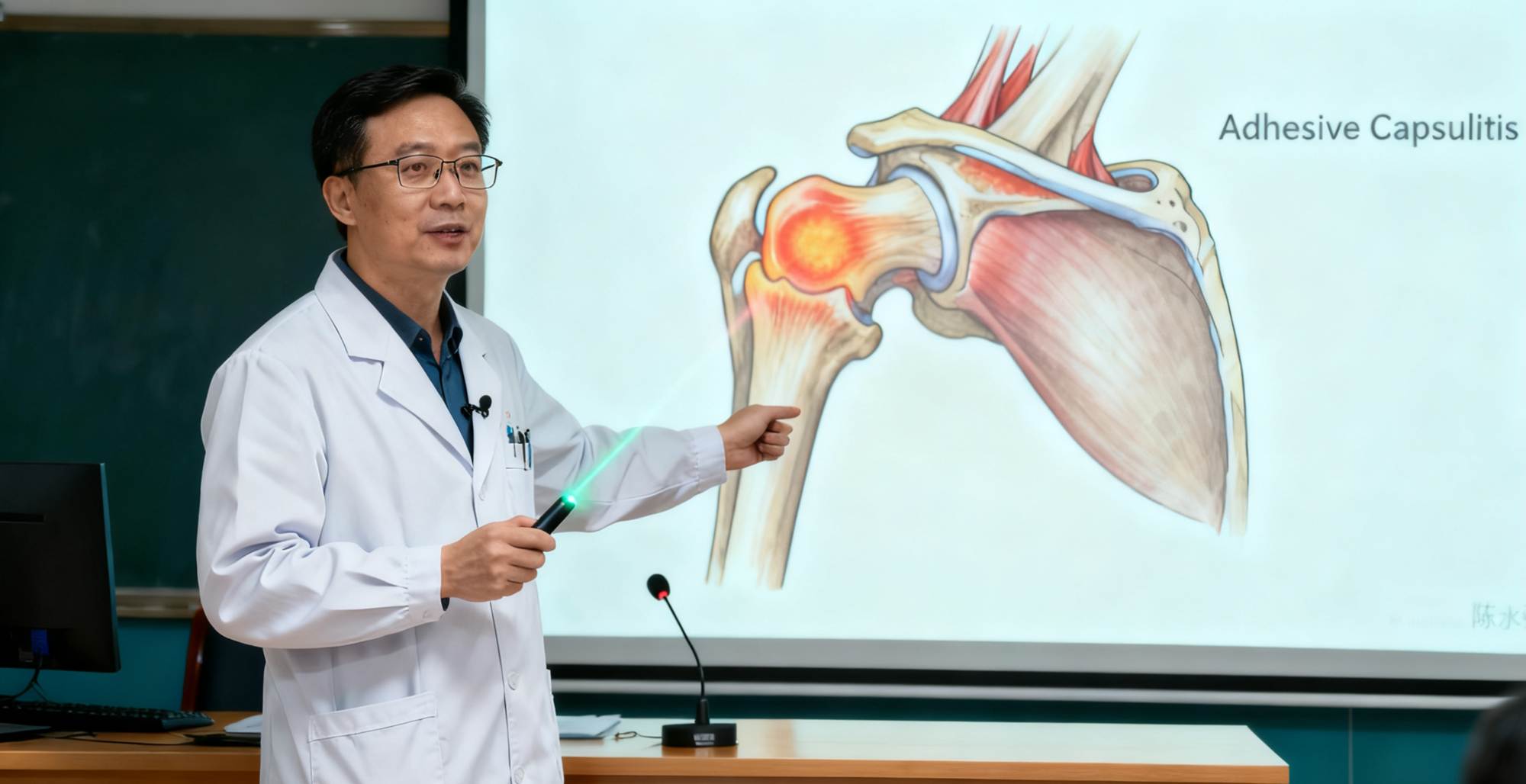Orthopedic surgeons told Live Well that if frozen shoulder is diagnosed early, physical therapy can help reduce stiffness.

Dr. Chen Yongqiang, Senior Consultant and Medical Director of Orthopedic Surgery at Alps Orthopaedic Centre, advises against ignoring early symptoms of frozen shoulder: shoulder pain that worsens at night and difficulty raising the arm overhead or reaching behind the back.
Dr. Chen Yongqiang explained in an interview with Live Well that frozen shoulder generally occurs in three stages:
Freezing Stage: Persistent shoulder pain, especially at night, and gradually limited range of motion.
Stiffness Stage: Pain may subside slightly, but shoulder mobility is most severely restricted, often making daily activities difficult.
Recovery Stage: Symptoms gradually improve, and range of motion slowly returns, but this may take months or even years.
Dr. Chen emphasized that if diagnosed early, physical therapy, through professionally guided stretching and exercise exercises, can help patients maintain shoulder mobility and reduce stiffness. In addition, pain medication and, if necessary, injections can help control symptoms and improve the condition.
“Only in rare cases, when severe stiffness persists after several months of treatment, surgery may be considered. The most common procedure is keyhole surgery (arthroscopic surgery), which involves releasing the tightened joint capsule through a small incision to help restore motion.”





